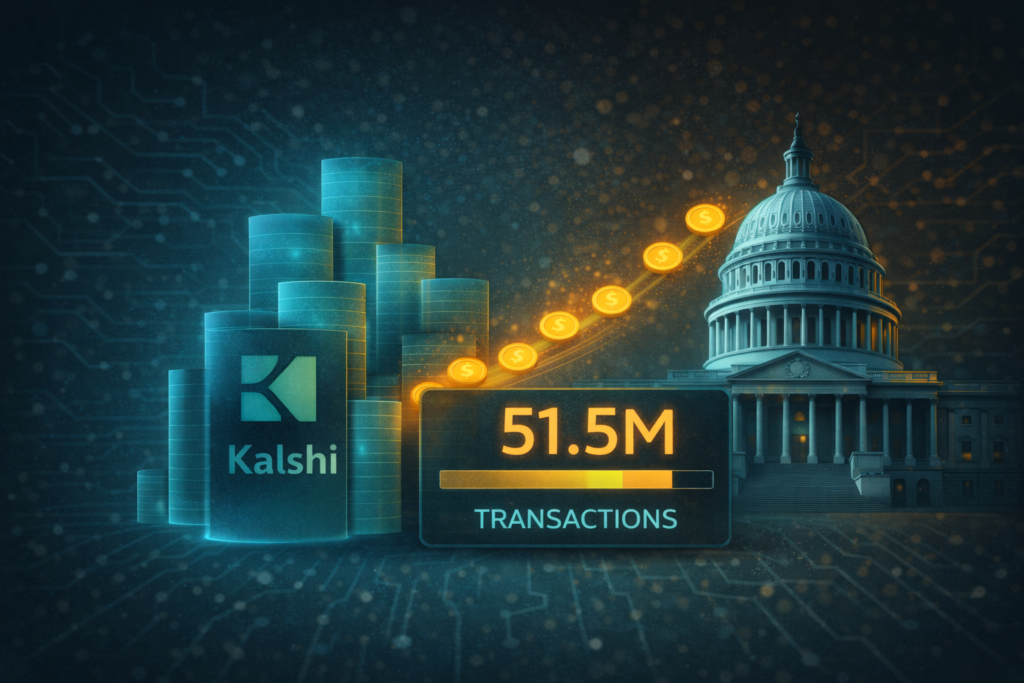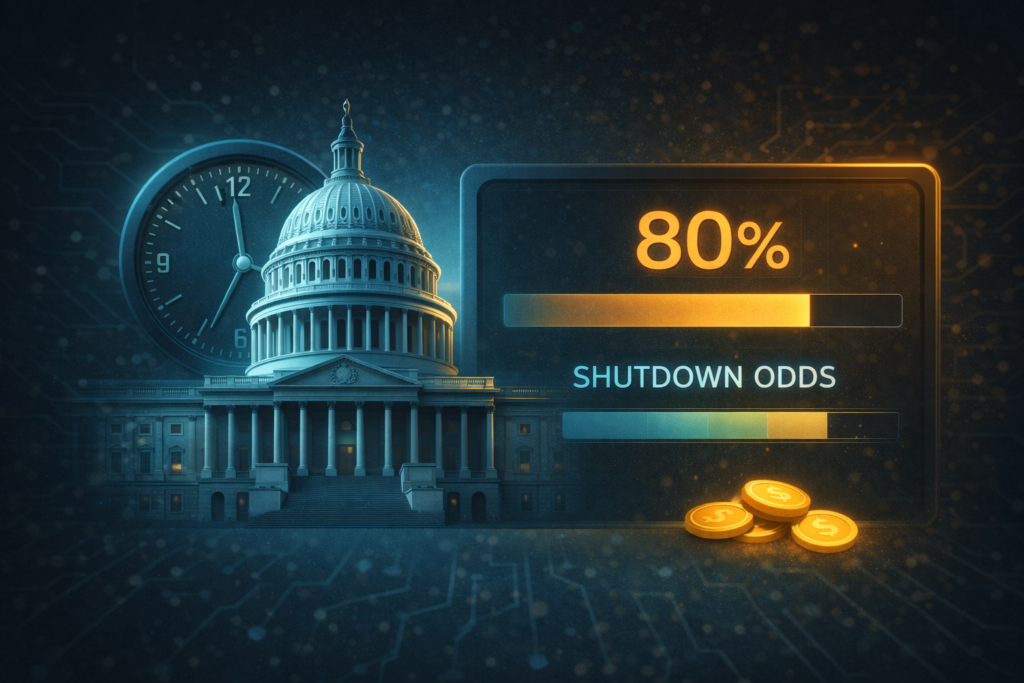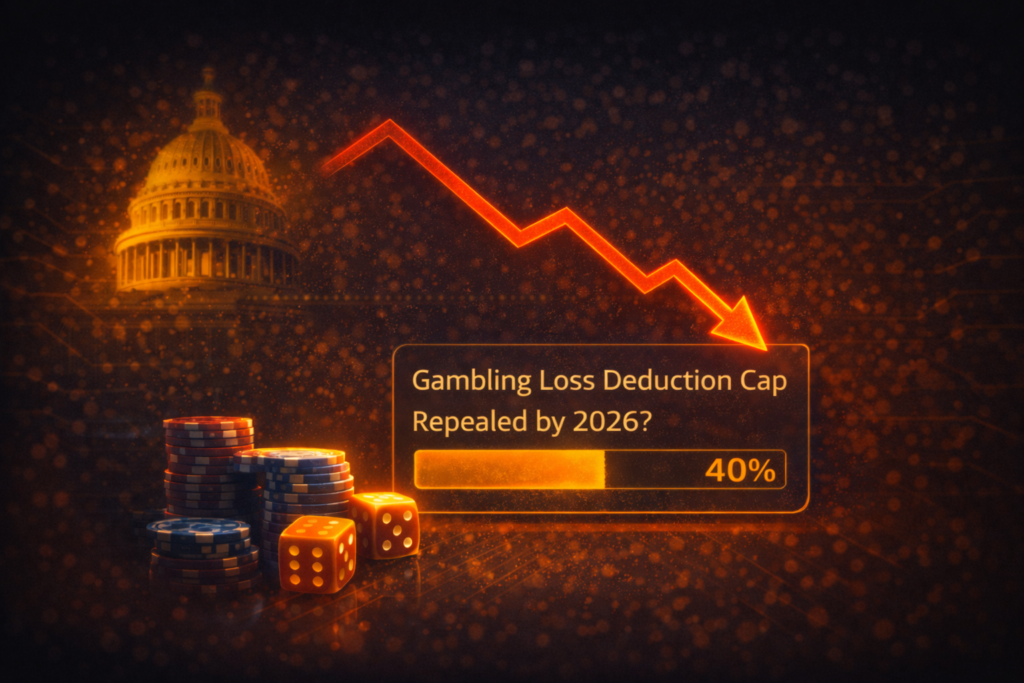Prediction markets may be in a precarious regulatory situation, but that’s not stopping the companies from attracting major financial investments.
Polymarket announced today that Intercontinental Exchange (ICE), the owner of the New York Stock Exchange, is making a strategic investment of up to $2 billion in the crypto-centric prediction market at a valuation of $8 billion.
“Alongside its investment, ICE will become a global distributor of Polymarket’s event-driven data, providing customers with sentiment indicators on topics of market relevance,” the joint press release announcing the deal says. “Additionally, ICE and Polymarket have also agreed to partner on future tokenization initiatives.”
The deal was first reported by the Wall Street Journal’s Lauren Thomas.
Timing of the deal
ICE’s investment comes as Polymarket readies its return to the US. Some industry observers have deduced that the federal government’s shutdown is delaying the company’s re-entry.
Wrote InGame’s Daniel O’Boyle, “Polymarket will not be able to offer its prediction markets in the U.S. until a government shutdown comes to an end if past precedent is anything to go by.”
The company has not been legally able to operate in the country since January 2022, although it’s widely accepted that US users have still been able to find their way onto the platform.
Polymarket vs. Kalshi
As Polymarket chomps at the bit to return to the US, Kalshi – its primary competitor – has been eating up market share during the early weeks of football season.
In fact, we reported here yesterday that Kalshi has surpassed Polymarket in weekly trading volume, despite the US being the only country in which it’s live.
In the week ending Sunday, Kalshi saw a record $871.8 million in trading volume on its platform, around 80% from sports, compared to $411.6 million for Polymarket.
While a $185 million funding round in June led by Paradigm, a venture-capital firm specializing in crypto, valued Kalshi at $2 billion, a recent report said the company is in talks for investment at a nearly $5 billion valuation.
Sports and the regulatory landscape
The Wall Street Journal’s Thomas chose an interesting word when writing today that Intercontinental Exchange’s investment in Polymarket “could enhance the betting platform’s credibility and aid its efforts to re-establish a U.S. presence.”
Prediction markets tend to avoid terminology like “betting” and “gambling” in front of regulators; when it comes to marketing their products to a sports-thirsty US audience, they put such terms front-and-center.
To most gambling industry observers, sports betting is precisely what Polymarket, Kalshi, and others are offering, albeit in a slightly different from than traditional sportsbooks.
This dynamic muddies the legal and regulatory outlook for prediction markets.
For now, they have the blessing of the Commodity Futures Trading Commission, but they’re dealing with pushback from a critical mass of states and Native American tribes, which contend prediction markets are operating as illegal sportsbooks.
Kalshi scored early wins in the courtroom, but recent rulings have chipped away at the company’s legal armor.
Prediction markets, meanwhile, are benefiting from the amenability of the Trump White House. Donald Trump Jr. joined Kalshi as a strategic advisor exactly a week before his father’s inauguration, and while Brian Quintenz’s nomination as the head of the CFTC has been withdrawn, you can bet the new nominee will be just as accommodating toward prediction markets.
Despite massive investment portending a bullish outlook, plenty are dubious about the future of prediction markets, as legal heat is turned up and the possibility of a Democratic administration in three years looms.











